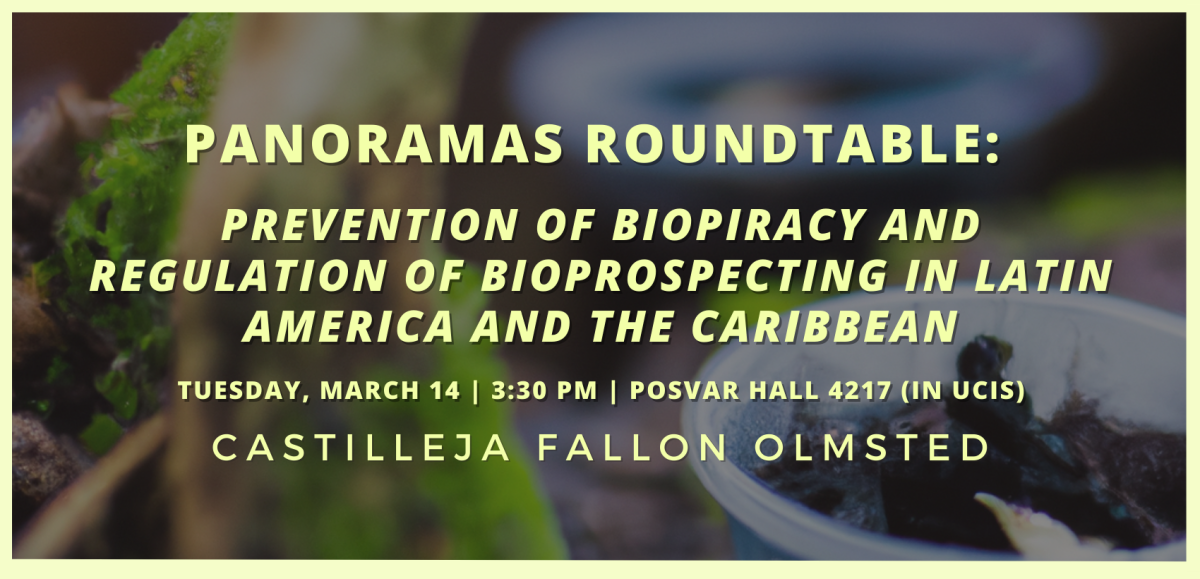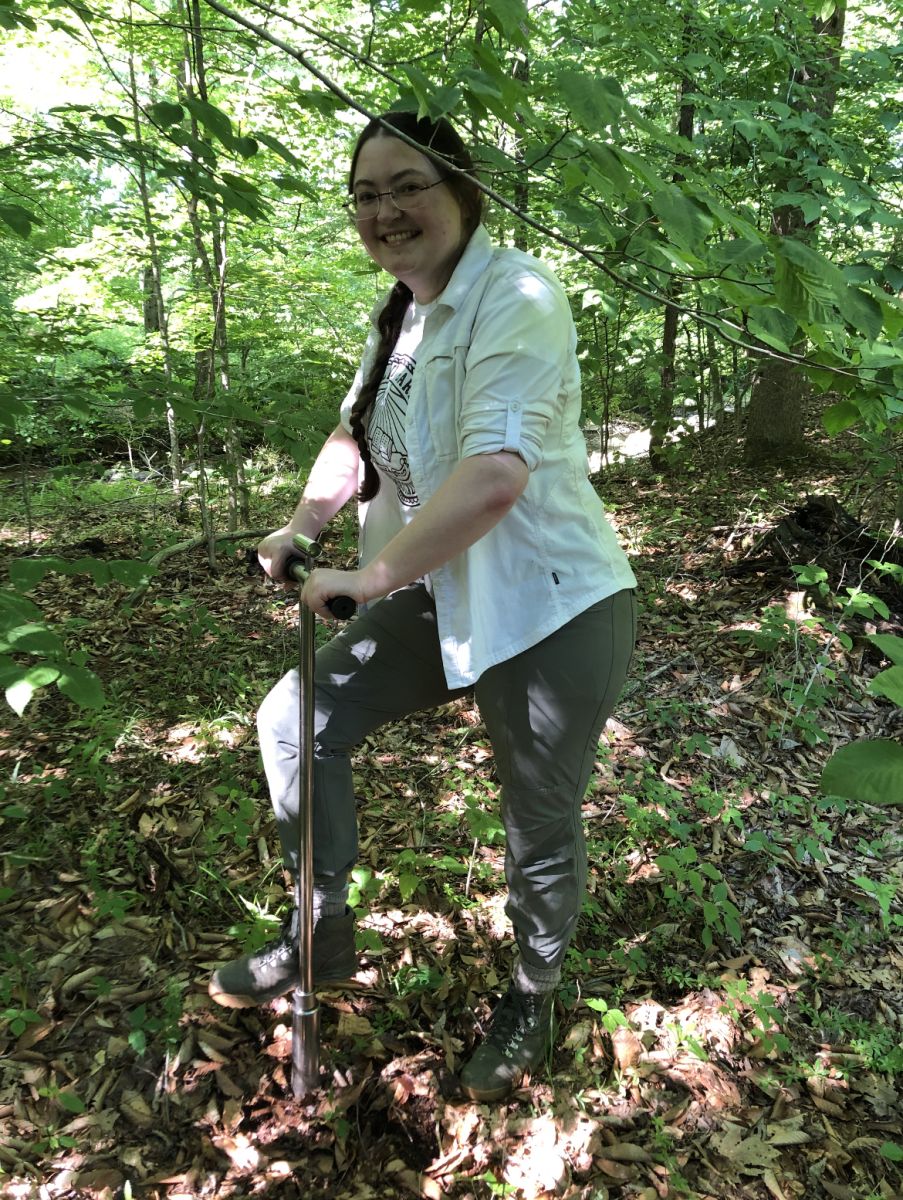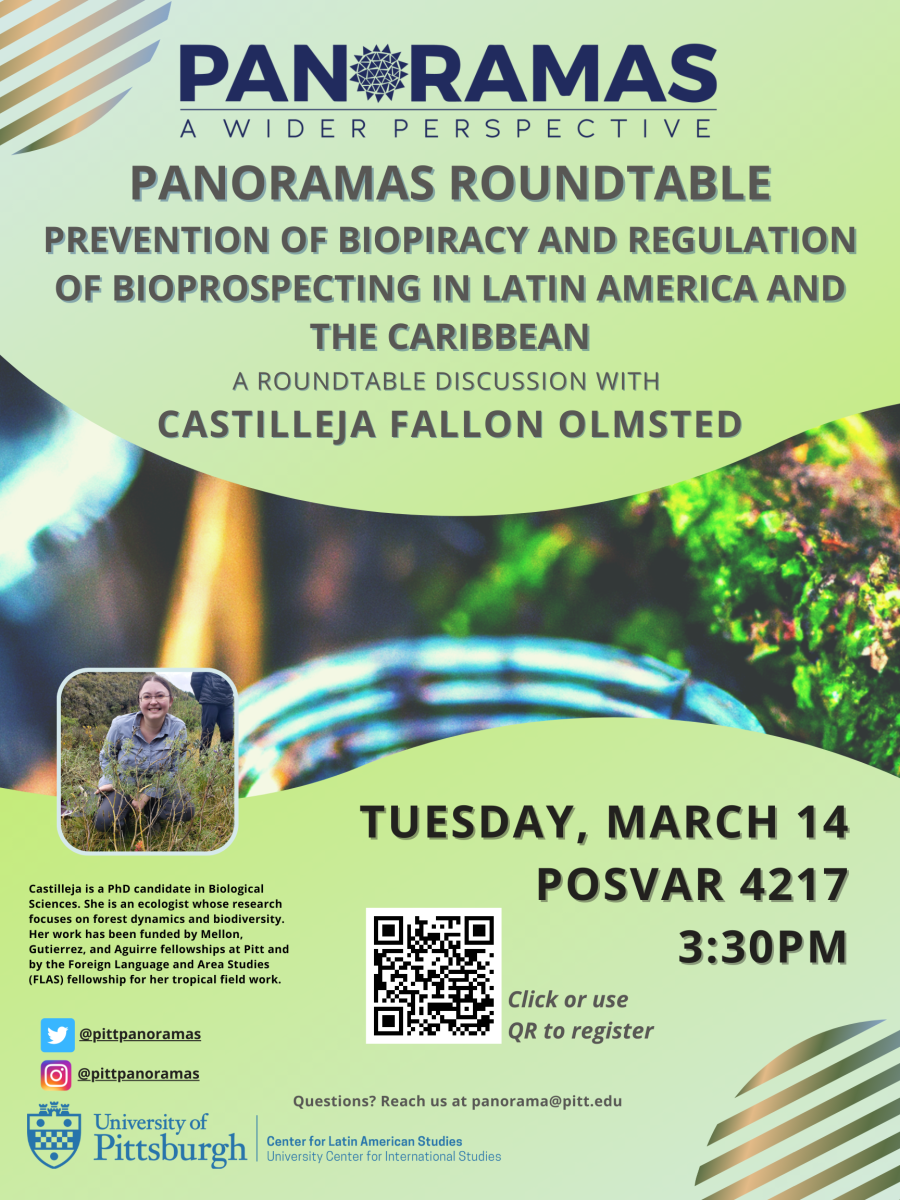
Abstract
Bioprospecting and biopiracy remain a source of contention among the scientific community, pharmaceutical and agricultural industries, and Indigenous communities. Mitigating biopiracy and allowing for responsible development of biological resources, sometimes through bioprospecting, is tightly linked with Sustainable Development Goal #15: Life on Land. Mitigating biopiracy is also associated with adopting Access and Benefit Sharing methodologies established by the International Treaty on Plant Genetic Resources for Food and Agriculture and the 2010 Nagoya Protocol modification to the Convention on Biological Diversity. While these treaties establish responsibility for developing and documenting Access and Benefit Sharing protocols in an international clearinghouse, adoption is not uniform, nor is follow-through. Adoption and follow-through may be influenced by regional trade pressures, however. Furthermore, the dominance of national sovereignty over knowledge origination has created tension between national governments and Indigenous communities, and at present the handful of Latin American countries which explicitly protect Traditional Ecological Knowledge primarily restrict their protections to ‘informed consent’. The vagaries of enforcement, accountability, and lack of common understanding stemming from these limited criteria have created a situation in which researchers acting in good faith nonetheless end up in unintended conflict with the spirit of Access and Benefit Sharing.
Author Bio
Castilleja is a 5th-year PhD candidate in Biological Sciences. She is an ecologist whose research focused on forest dynamics and biodiversity. She teaches a minor in her department and is getting a graduate certificate in Latin American Studies. Her work has been funded by Mellon, Gutierrez, and Aguirre fellowships at Pitt and by the Foreign Language and Area Studies (FLAS) fellowship for her tropical field work.



